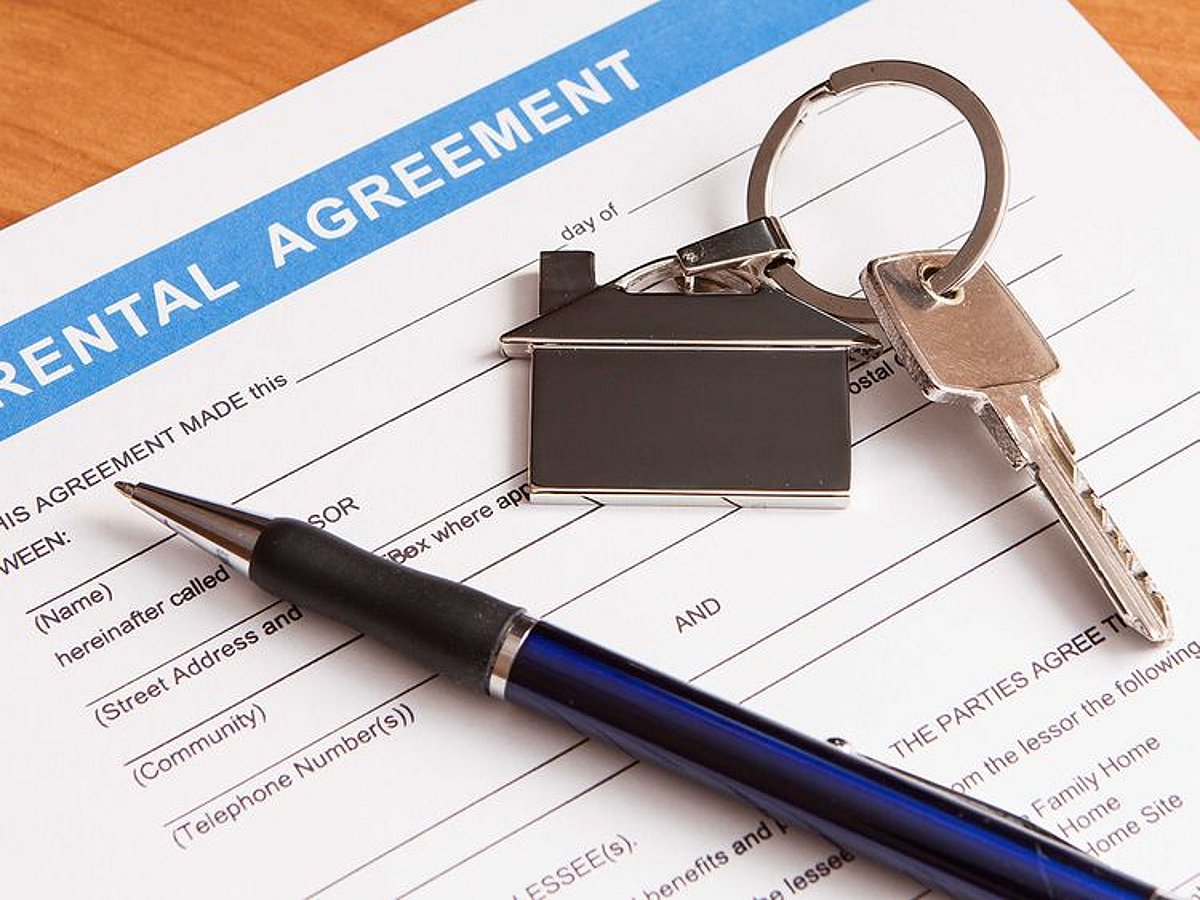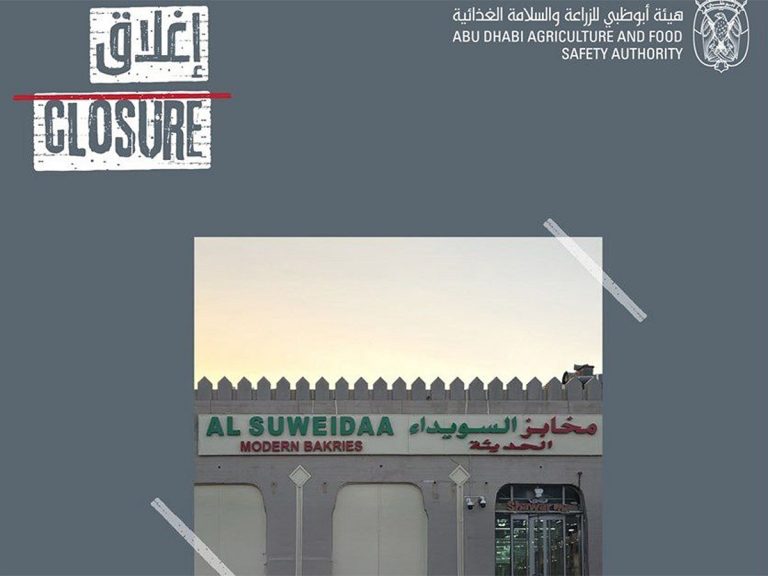Your Right to Appeal Eviction Judgments in the UAE
Navigating the legal landscape surrounding eviction judgments in the UAE can be complex, especially when it comes to understanding your rights to appeal. If you find yourself facing an eviction order, it’s crucial to know whether you can challenge the ruling, even if the claim amount is below a certain threshold.
Right to Appeal Eviction Judgments
In a recent case, a tenant received an eviction order from the Rental Dispute Center, requiring them to vacate their apartment and pay Dh28,000 in unpaid rent. The tenant was informed that they could not appeal the judgment due to the claim being less than Dh100,000. However, this is a misunderstanding of the law. According to Article (17) of Decree No. (26) of 2013, eviction judgments are exempt from the general rule that limits appeals based on the claim amount.
Key Provisions of Article (17)
Article (17) outlines specific scenarios where judgments from the First Instance Division can be appealed, even if the claim is under Dh100,000. Notably, eviction judgments fall under this category. Here are the main points to consider:
– **Eviction Judgments**: These can be appealed regardless of the claim amount. – **Other Circumstances**: Appeals are also permitted if the judgment violates jurisdiction rules, grants unrequested relief, or fails to address requested relief. Additionally, if a party was not properly represented or if the judgment was based on false documents or testimony, an appeal may be possible.
Additional Grounds for Appeal
Beyond eviction cases, there are other grounds for appealing judgments under Dh100,000. For instance, if evidence was concealed or if the judgment was issued against someone who was not duly represented, these factors can also justify an appeal. Understanding these nuances can significantly impact your legal strategy.
FAQs
Can I appeal an eviction judgment if my claim is under Dh100,000?
Yes, eviction judgments can be appealed regardless of the claim amount, as specified in Article (17) of the relevant decree.
What other situations allow for an appeal under Dh100,000?
Appeals can be made if there are jurisdictional breaches, unaddressed requests for relief, or if the judgment was based on false evidence.
How do I initiate an appeal for an eviction judgment?
To initiate an appeal, you should consult with a legal professional who can guide you through the process and ensure that all necessary documentation is submitted to the appropriate court.
Conclusion
Understanding your rights regarding eviction judgments in the UAE is essential for tenants facing legal challenges. Even if the claim amount is below Dh100,000, you may still have grounds to appeal, particularly in eviction cases. If you find yourself in this situation, seeking legal advice can help clarify your options and the next steps to take.
The legal framework governing eviction judgments in the UAE is designed to protect tenants’ rights while also ensuring landlords can reclaim their properties in a timely manner. The Rental Dispute Center plays a pivotal role in adjudicating these disputes, providing a structured process for both parties to present their cases. Understanding the nuances of this process, including the right to appeal, is vital for tenants who may feel wronged by a judgment.
In addition to the provisions outlined in Article (17), tenants should be aware of the broader implications of eviction judgments. The legal system in the UAE emphasizes the importance of due process, which means that tenants must be given a fair opportunity to contest any claims made against them. This includes the right to present evidence, call witnesses, and challenge the validity of the landlord’s claims. The appeal process serves as a critical check on the initial rulings, allowing for corrections in cases where procedural errors or misinterpretations of the law may have occurred.
Furthermore, the legal landscape in the UAE is continually evolving, with periodic updates to laws and regulations that govern rental disputes. Staying informed about these changes is essential for both tenants and landlords, as it can significantly affect their rights and obligations. Engaging with legal professionals who specialize in rental law can provide valuable insights and ensure that individuals are well-prepared to navigate any disputes that may arise.
Also Read:
Your Rights During Garden Leave in the UAE Explained







